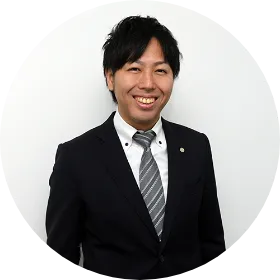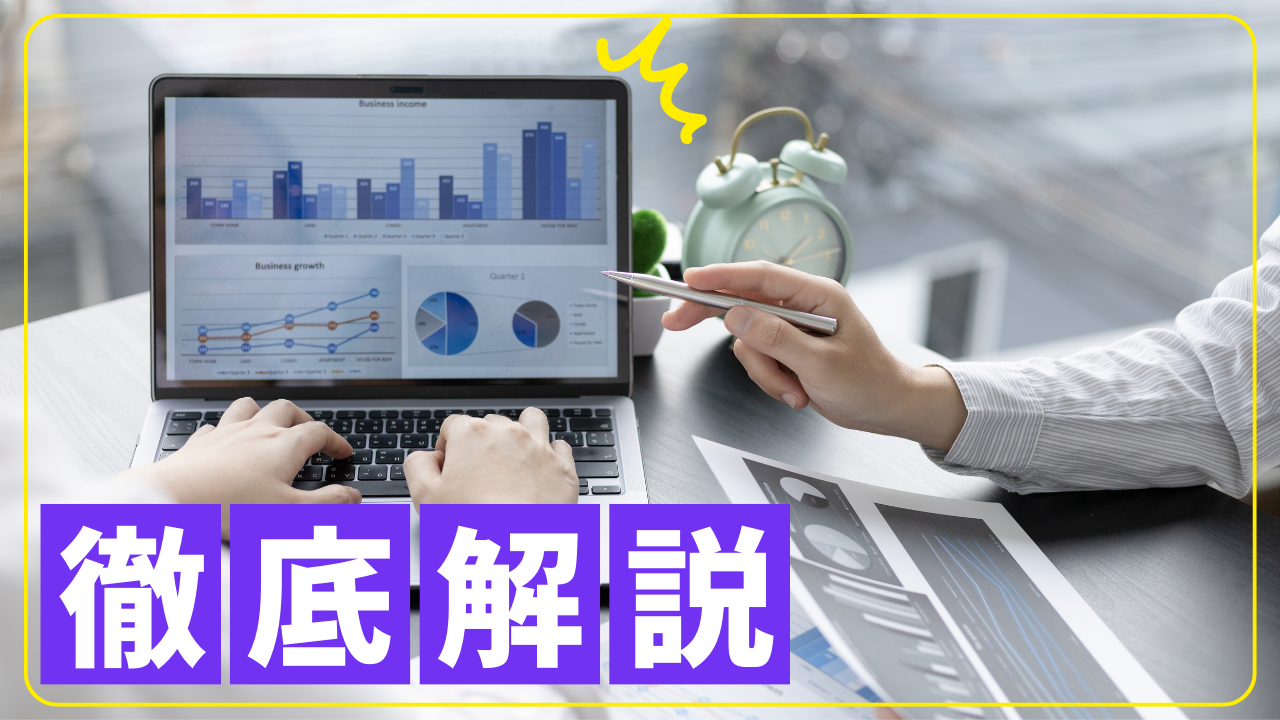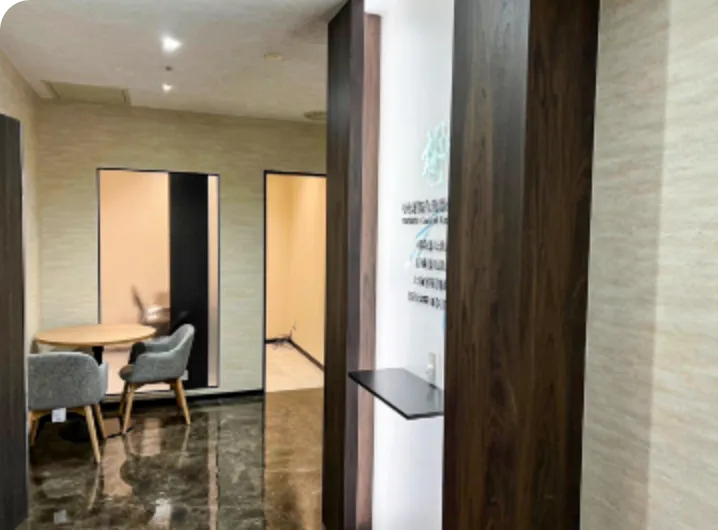Work Visa
System reform from “Technical Intern Training” to “Employment for Skill Development” (to be implemented in 2027)
- 2025.11.14

The system of Employment for Skill Development was decided to be implemented in 2027 by the Cabinet in 2024, and the basic operational guidelines for the program were established by a Cabinet decision on March 11, 2025. The Employment for Skill Development is a system that replaces the Technical Intern Training program, but what exactly is it? Let's take a look together!
Background of Employment for Skill Development System
Before going into the Employment for Development System, there is a visa called “Specified Skilled Worker”.
This visa is for foreigners who can immediately contribute to specific industrial fields such as construction, agriculture, and automobile maintenance. Therefore, a certain level of knowledge is required, and in principle, passing a skills test is one of the requirements for obtaining the type of visa.
On the other hand, there is a system called Technical Intern Training for foreigners who don’t have any knowledge yet, but wish to learn.
This system aims to convey Japanese skills to foreigners and contribute to the economic development of developing regions, so there is no requirement regarding original knowledge. In addition, it is possible to progress from Technical Intern Training to Specified Skilled Worker, and if you successfully complete Technical Intern Training No. 2, you will be exempt from the test for Specified Skilled Worker and Japanese language test.
However, this Technical Intern Training System has deviated from its original purpose and there have been frequent incidents that are problematic from a human rights perspective, such as being misused as cheap labor and harassment. For these reasons, the Technical Intern Training System will be abolished in 2027, and the Employment for Skill Development will be introduced instead (based on a Cabinet decision in 2024).
Overview of the Employment for Skill Development Program
First, let’s take a look at what requirements there are to obtain a visa of Employment for Skill Development, what the obligations of the receiving organization are, etc.
Requirements, etc. for the foreigners’ side
As shown below, no skills are required at the start of employment, and the required Japanese language proficiency is not high, equivalent to the Japanese Language Education Framework of Reference (CEFR) A1 level (equivalent to 1st to 3rd grade of elementary school, N5 level on the Japanese Language Proficiency Test).
On the other hand, at the end of the 3-year residence period of Employment for Skill Development, both skills and Japanese language proficiency are required to be at a certain level.
|
Item |
Details |
|
Required skill level |
Before starting to work: None At the completion: Level of Specified Skilled Worker No. 1 *Confirmed by exam. Details of the exam are determined in the field-specific operational policy. |
|
Required Japanese language proficiency level |
Before starting to work: Reference frame A1 for Japanese language education (equivalent to Japanese Language Proficiency Test N5) (equivalent course is also acceptable) At the completion: Reference frame A2 for Japanese language education (equivalent to Japanese Language Proficiency Test N4) *Confirmed by exam. Details of the exam are determined in the field-specific operational policy. *It is planned to allow each field of Employment for Skill Development to set a higher level. |
|
Period of stay |
3 years (in principle) *If you fail the exam, you will be allowed to continue your residence for up to 1 year under certain conditions. *The period of Technical Intern Training is considered as a part of the period of Employment for Skill Development, and if you have completed technical training for more than 2 years, you are generally not allowed to work under the Employment for Skill Development system. |
|
Bringing family |
Not allowed (in principle) |
|
Type of employment |
Full-time, direct employment (in principle) *Only in the case of closely-related corporation training employment (training employment conducted jointly by multiple closely-related corporations. See Article 8-2, Paragraph 4 of the Training Employment Act), it is possible to have an employment relationship with multiple training employment implementers. *In seasonal fields (agriculture, etc.), dispatch is also possible if certain procedures are followed. |
|
Requirements to move on to Specified Skilled Worker No.1 |
Requirements for transition to Specified Skill No. 1 In addition to passing the skills test and Japanese language test, limited to those who have worked at the receiving organization for a certain period of time. |
Requirements, etc. for the employers’ side
In order to improve points of reflection such as the prevalence of harassment in Technical Intern Training, and to create a career advancement system that is attractive to foreigners, the employers’ side is required to ensure remuneration, create and implement a work plan, improve living conditions, etc.
|
Item |
Details |
|
Duties of the training employment implementer |
・To create a training employment plan. ・Keep the training employment until the end of the training employment period. (The foreigners shall not be forced to return to home country in the middle of the period against their will.) ・Have the foreigners take the targeted skills and Japanese language proficiency tests. ・Ensure that the training employment system is properly implemented and improve the environment. ・Guarantee payment of at least the same amount of remuneration as Japanese employees engaged in the same work. ・Provide salary increases and improve working conditions according to the length of employment. ・Establish a system to provide advice on living environment, diet, medical care, etc. ・If the transfer restriction period exceeds one year, after one year has passed since the start of employment, salary increases and other improvements in working conditions are needed. |
|
Transfer restriction period (Period of continued employment at the same establishment, etc.) |
1 to 2 years. *While aiming for making it a 1-year period, for the time being, it is set at 1 to 2 years for each field. |
|
How to host foreigners |
1. Single-Type Development Employment: Accepting employees of foreign branches or subsidiaries for a three-year human resource development. No supervision support is provided. 2. Supervised Training Employment: A supervision support organization is involved (by providing employment placement services for foreign training employment workers and the implementers, and overseeing the proper implementation of training employment plans). *Accepting employees of business partners is considered “supervised development employment.” |
Differences of systems between Employment for Skill Development and Specified Skilled Worker
So far, we have looked at the overview of the system of Employment for Skill Development, but how has it changed from the Technical Intern Training? How have improvements been made based on the lessons learned from the Technical Intern Training System?
Purpose of the system
First, the purpose of the Technical Intern Training was to develop human resources to transfer Japanese technology for the development of their home countries. However, in the actual fields, there was a serious labor shortage, and there were frequent cases of interns being misused as labor without proper training.
Therefore, the purpose of the Employment for Skill Development System was set as ① human resource development and ② human resource securing, which is in line with the reality of the labor shortage, that is, to develop and secure human resources.
Specifically,
① Human resource development: Development of human resources with the level of Specified Skilled Worker No. 1 (skills requiring a considerable degree of knowledge or experience)
② Securing human resources: Securing human resources in specific industrial fields where it is appropriate to have them acquire skills through three years of employment (period of residence is generally three years). (Fields that require licenses or qualifications under Japanese law are not included.)
Transfer
Another big difference is that transfers from the company to which you belong are possible.
In the Technical Intern Training System, the purpose of residence is not “employment” but rather “training,” so the concept of changing jobs or transferring did not exist in the first place.
To transfer, in principle, you must transfer to another company due to the convenience of the company to which you belong, or you can only “change jobs” at the time of transition from Technical Intern Training No. 2 to No. 3. In addition, transfers are only permitted in cases of imminent circumstances such as human rights violations.
As a result, even if a foreign trainee does not get along with his or her company and wants to transfer, he or she cannot transfer in principle, so many trainees have run away, and illegal residents such as overstayers have become a major social problem.
(For more information on Technical Intern Training, please see this article. https://immigration-lawyer.co.jp/visa/skill/)
In contrast, under the training employment system, transfers are allowed more leniently in order to prevent such illegal fugitives.
However, from the perspective of human resource development, it is considered effective to continue working under the same training employment implementer, so transfers are not completely free. Transfers are permitted only in the following cases.
- When there are “unavoidable circumstances” such as human rights violations including power harassment or violence.
- When the person wishes to transfer and meets the requirements including the following.
(1) The work to be performed under the training employment implementer at the transfer destination is within the same work category as the previous work.
(2)The period of work performed under the training employment implementer from which the person was transferred exceeds the specified period set forth for each training employment industry, which is within the range of one year to two years.
(3) The skills and Japanese language proficiency of the foreigner are at a certain level or above.
(4) The training employment implementer at the transfer destination meets certain requirements deemed appropriate.
Reference:
Development and Employment System/Specified Skilled Worker System Q&A: https://www.moj.go.jp/isa/applications/faq/ikusei_qa_00002.html
Cabinet decision of March 11, 2025: https://www.moj.go.jp/isa/content/001434808.pdf
In addition, the following provisions have been established to ensure smooth transfers.
-Training employment implementers must not unduly restrict transfers or fire employees for making transfer requests.
-Transfer support will be primarily provided by the supervision support organization.
-The Organization for Foreign Training Employment and Hello Work will also work together to provide support such as collecting and providing information on transfer destinations.
Period of stay
In the case of Technical Intern Training, if you move from No. 1 to No. 3, your total period of stay is a maximum of 5 years. If you then progress to a Specified Skilled Worker, you can stay for another 5 years.
In contrast, the maximum period of stay for Employment for Skill Development is 3 years (with the exception of 1 year extension).
In principle, foreigners under the system of Employment for Skill Development are required to acquire Japanese language and expertise and reach the level of Specified Skilled Woker No. 1 during these 3 years, so it is possible to develop human resources in a shorter period of time than Technical Intern Training.
Target fields of acceptance
In the Technical Intern Training, 91 occupations and 168 tasks (as of March 7, 2025), such as agriculture and construction, are covered.
On the other hand, the Employment for Skill Development System has the role of developing human resources as a preliminary step to the Specified Skilled Worker, so its target fields overlap with the target fields of the Specified Skilled Worker (16 specific industrial fields). However, not all 16 fields are covered, but rather it is limited to fields that can be learned within three years (to be decided by the enforcement date).
The 16 specific industrial fields are as follows. The target fields for Employment for Skill Development will be limited from here.
|
Nursing care |
Building cleaning |
Industrial product manufacturing |
Construction |
|
Shipbuilding and marine industry |
Automobile maintenance |
Aviation |
Accommodation |
|
Automobile transportation |
Railway |
Agriculture |
Fisheries |
|
Food and beverage manufacturing |
Restaurant |
Forestry |
Wood industry |
- Due to the purpose of the Employment for Skill Development, which is to develop human resources, it is not permitted to work across multiple fields.
(For specific industrial fields, please refer to this blog
https://immigration-lawyer.co.jp/column/%E7%89%B9%E5%AE%9A%E6%8A%80%E8%83%BD%E8%BF%BD%E5%8A%A0%E8%81%B7%E7%A8%AE/)
Summary
As we have seen, the purpose of the Employment for Skill Development is to develop and secure human resources, so foreigners are not required to have skills when starting to work. There are also no educational requirements, neither. Therefore, it’s worth considering for those who wish to acquire skills in Japan through OJT.
However, even if you are interested, some foreigners may be worried about whether they will meet the requirements or whether problems will arise like with Technical Intern Training. This is a new system that will start in 2027, and there are many unknowns without a long history of precedents. If you are a foreigner interested in obtaining a visa or a company interested in accepting foreigners, please feel free to contact us.
Reference:
Outline of the basic policy on the operation of the system related to the Specified Skilled Worker System and the Employment for Skill Development System
https://www.moj.go.jp/isa/content/001434970.pdf
Basic policy on the operation of the system related to the status of residence of Specified Skilled Worker and basic policy on the proper implementation of Employment for Skill Development and protection of foreigners working in Employment for Skill Development
https://www.moj.go.jp/isa/content/001434808.pdf
Q&A on the Employment for Skill Development System and Specified Skilled Worker System
https://www.moj.go.jp/isa/applications/faq/ikusei_qa_00002.html
Main opinions of the expert meeting on the basic policy on the Specified Skilled Worker System and Employment for Skill Development System
https://www.kantei.go.jp/jp/si
We are Yanagi group, which have offices in Osaka (Abeno and Tennoji), and our affiliated offices in Tokyo (Shibuya and Ebisu) are also available for an on-site consultation. We have handled many applications for permanent residence permits, naturalization permits, work visas, college student visas, management visas, etc., as well as visa renewal procedures related to the status of residence with the Immigration Bureau (Immigration Bureau) as a one-stop service. Our experienced administrative scriveners are also available to help you with any problems you may have.
We also have staff members who can speak each of the native languages and can assist you in obtaining a visa.
※If you wish to be consulted in Nepali or Bengali, please inform us in advance via our website or social media, and the translator will contact you ahead of time.
Please feel free to contact us if you have any questions about your status of residence or visa, even if they are trivial.
Toll free number: 0120-138-552
For English speaker: 080-9346-2991
For Chinese speaker: 090-8456-6196
Editor of this article

- Ryota Yanagimoto
- Administrative Scrivener/Judicial Scrivener
At the age of 24, he passed the national examinations for judicial scrivener, administrative scrivener, and wage service manager at the same time.
While working as a full-time lecturer at a major prep school, he independently opened a legal office related to judicial scriveners and administrative scriveners,
and he has experience as a judicial scrivener and an administrative scrivener for more than 15 years so far.
He has been actively contributing to various industries such as publicly listed companies, real estate companies, financial institutions, elderly care services, and professional organizations by conducting seminars, lectures, and talks.
And now he has a record of over 60 presentations so far.
Furthermore, as the president of a Japanese language school announced by the Ministry of Justice and Acts, and an advisor to a real estate company (capable of handling foreign clients),
he has been involved in various aspects of industries related to foreigners.
It is recommended to consult with experts when it comes to visas, naturalization, and residency matters.

Our office has specialized experts in visa and naturalization applications who are available to assist with free consultations (limited to the first session) and inquiries related to various visa applications and naturalization applications.
Additionally, we have foreign staff proficient in English, Chinese, and Korean languages with specialized knowledge, and they are present to provide support. They can accommodate consultations and inquiries in each language. Feel free to use our free consultation and inquiry services from here.























 0120-138-552
0120-138-552 Free
Consultation
Free
Consultation Contact Us
Contact Us